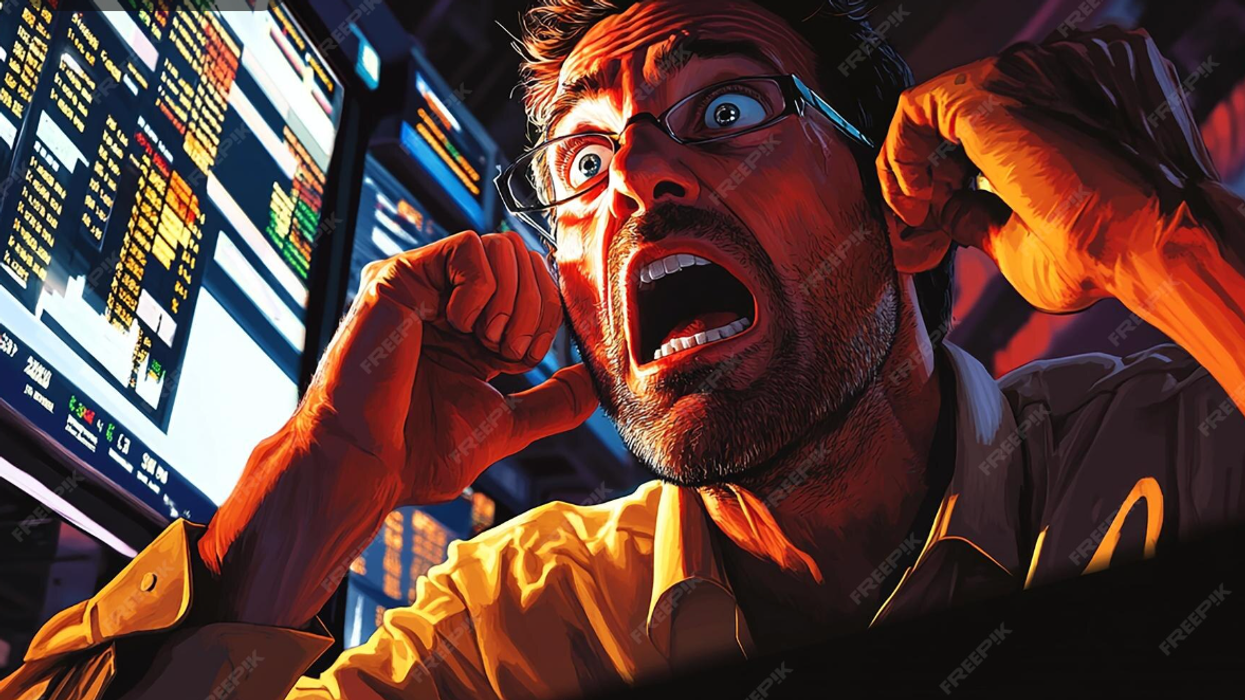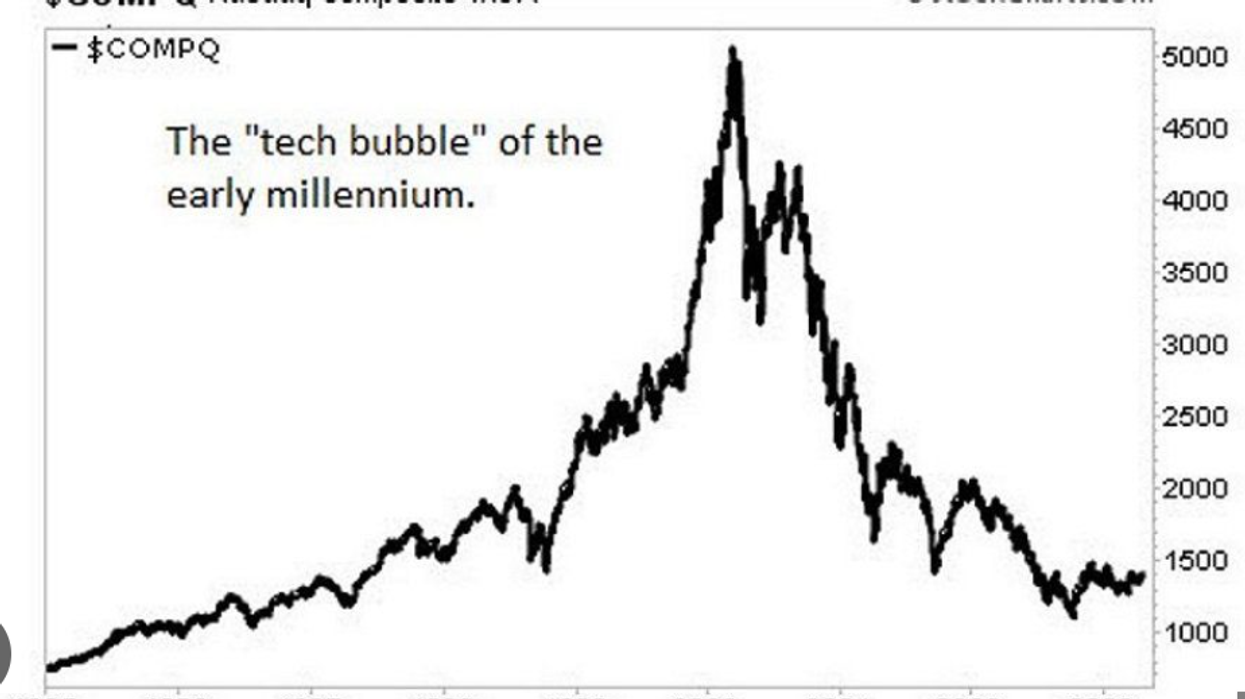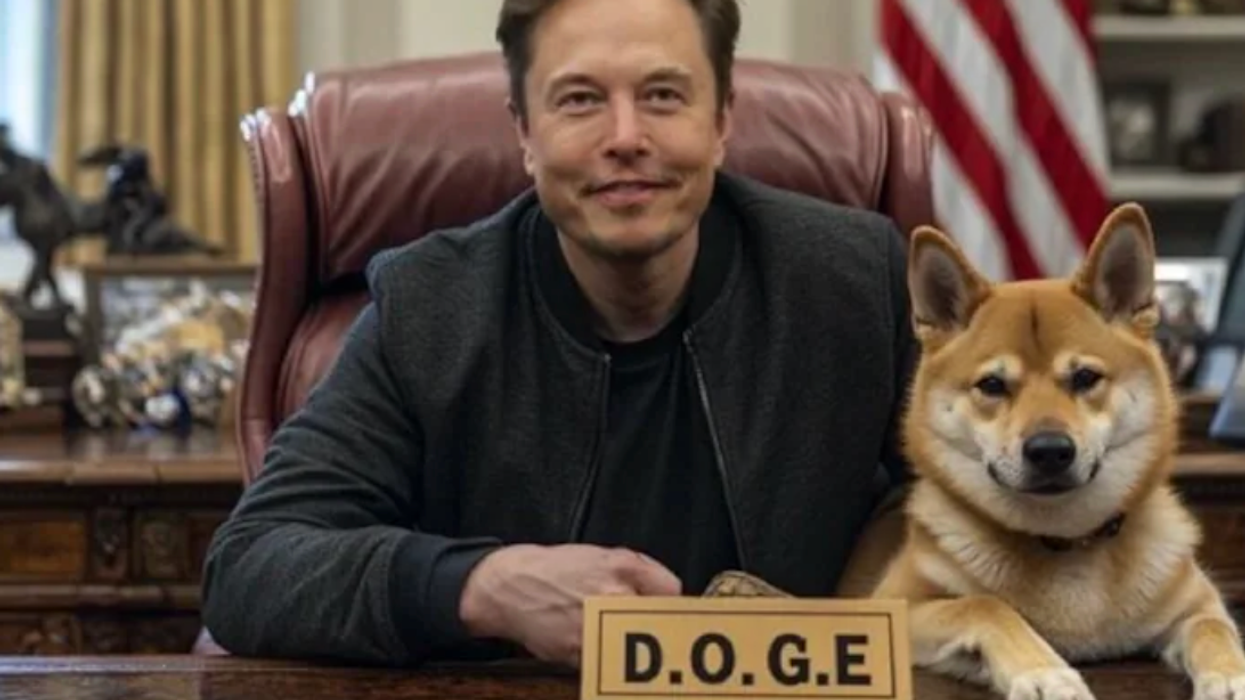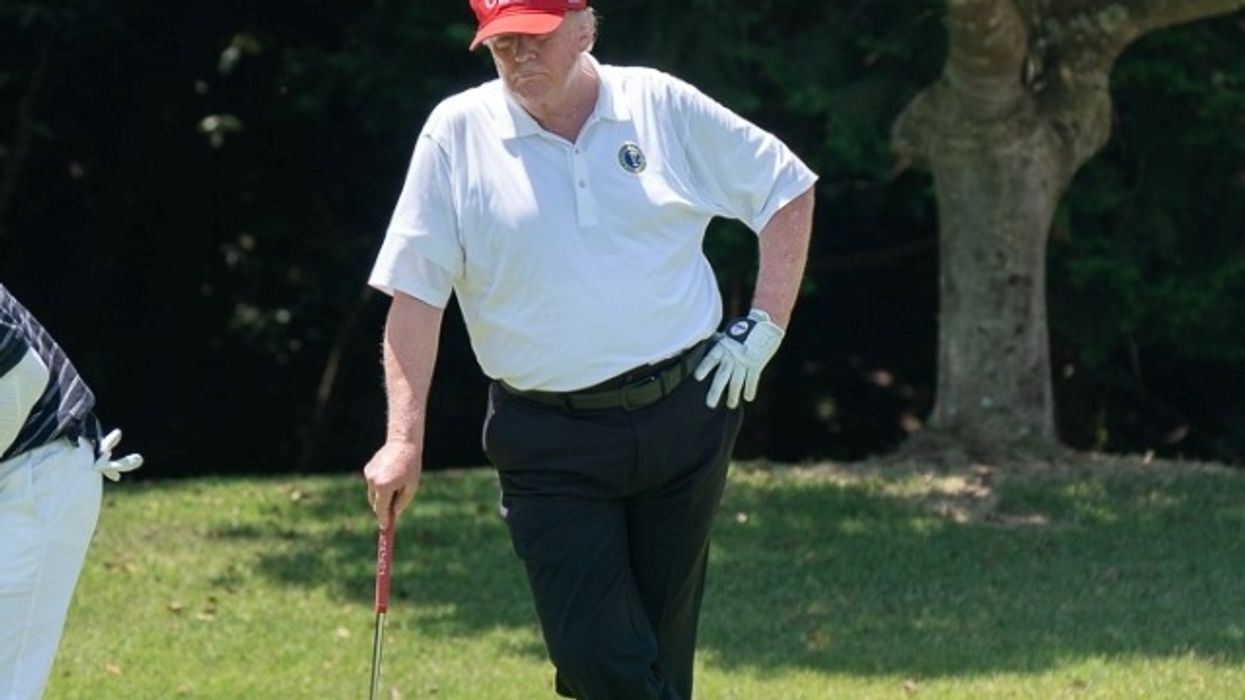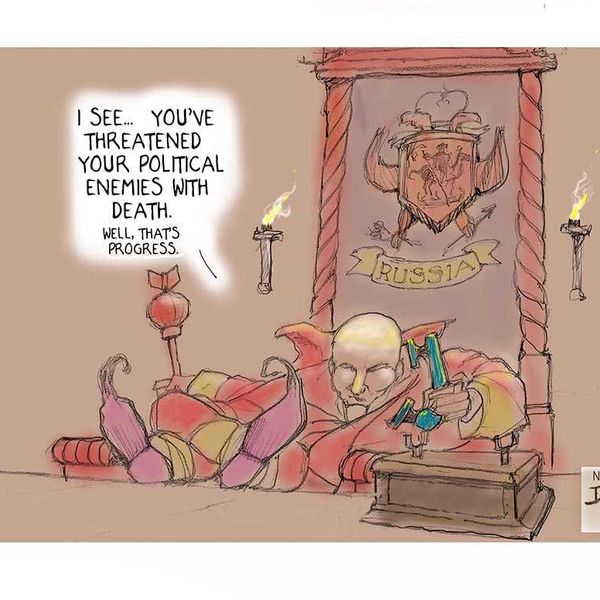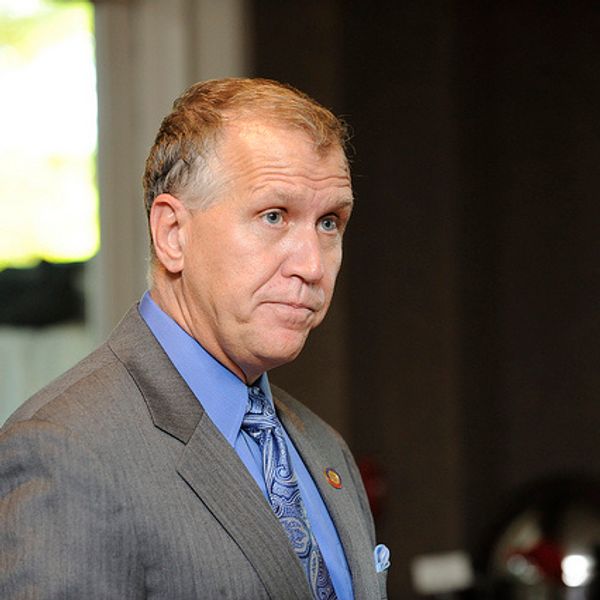Bursting The AI Bubble Just Might Be Better For (Almost) Everyone
It has become common in recent months for people in the business press to note both that AI stocks seem to be in a bubble and that this bubble is driving the economy. In many ways this situation looks similar to the late 1990s tech bubble.
At that time, price-to-earnings ratios in the stock market were roughly the same as they are today. The soaring market then was also driving the economy, as people were consuming based on their new bubble-generated wealth. Also, the insane valuations of many new Internet companies was leading to an investment boom in the tech sector.
When the bubble finally burst, we got the 2001 recession. While this downturn was mild from a GDP perspective, the story was much worse if we focus on the labor market. We did not get back the jobs lost in the recession for four full years. At the time, it was the longest period without job growth since the Great Depression.
Anyhow, the immediate impact of the collapse of the AI bubble will undoubtedly be negative, but there are reasons to still think it would be good for the economy and for most workers. This is best demonstrated by a recent analysis from Moody’s which shows that all the real spending growth over the last year has come from the top quintile of the income distribution. Everyone else has been just treading water.
This fits with other data that show weakening nominal wage growth, with the wage increases for workers in the lowest paying jobs not even keeping pace with inflation. It’s not surprising that consumption for these workers would be stagnating or falling.
To see how this relates to the AI bubble, we can think of the economy as being like a huge bathtub with an open drain. We have two faucets that put water into the tub. The goal is to keep the tub filled but not overfilled. This would correspond to the labor market being at full employment and the economy operating at its capacity.
If the water flows into the tub too slowly, we have unemployment and excess capacity. We are wasting economic potential and workers are being denied the opportunity to work. If the water flows into the tub too quickly, the bathtub overflows and we get water all over the floor. This would be the inflation story.
The two faucets are labeled “rich people” and “ordinary workers.” At the moment, the rich people faucet is wide open, and the water is gushing out. This is the money generated by the AI bubble. There is just a trickle coming out of the ordinary workers faucet.
When the AI bubble bursts, the water coming out of the rich people faucet will also slow to a trickle. This means water will be draining out faster than it is flowing in, and the water level in the tub will drop. This would mean a recession, and an increase in unemployment.
That is bad news for everyone, but the lower water level in the tub means that we have the option to turn the flow from the ordinary workers faucet higher, without causing the tub to overflow. And we do know how to turn the flow higher.
The easiest route is for increasing the flow is to simply have the Federal Reserve Board lower interest rates. That will somewhat boost demand by allowing more people to buy homes and to a lesser extent cars and other big-ticket items. People will also refinance mortgages at lower rates, freeing up money to spend on other things. Lower rates will also provide a modest boost to investment.
The other route for increasing the flow from the ordinary workers faucet is to have the government increase spending. It can boost spending in areas like healthcare, education, and childcare. This would both provide real benefits to people and also stimulate the economy. It can also reestablish and enhance the subsidies for a green transition that Trump killed earlier this year. This will both create jobs and have near-term and long-term environmental benefits.
There is of course no guarantee that Congress will boost spending enough to again fill the bathtub, possibly leaving us with high unemployment for a long period of time. That was the story after both the collapse of the tech bubble in 2000-01 and the collapse of the housing bubble 2007-09.
But this is a political obstacle, not an economic one. The collapse of the AI bubble will create the room the economy needs for policies that would make the lives of tens of millions of people far better. This is why we should all be fans of the collapse and not worry that we are cheering against the home team. For the vast majority in this country, the stock market is not the home team.
Reprinted with permission from Dean Baker.

